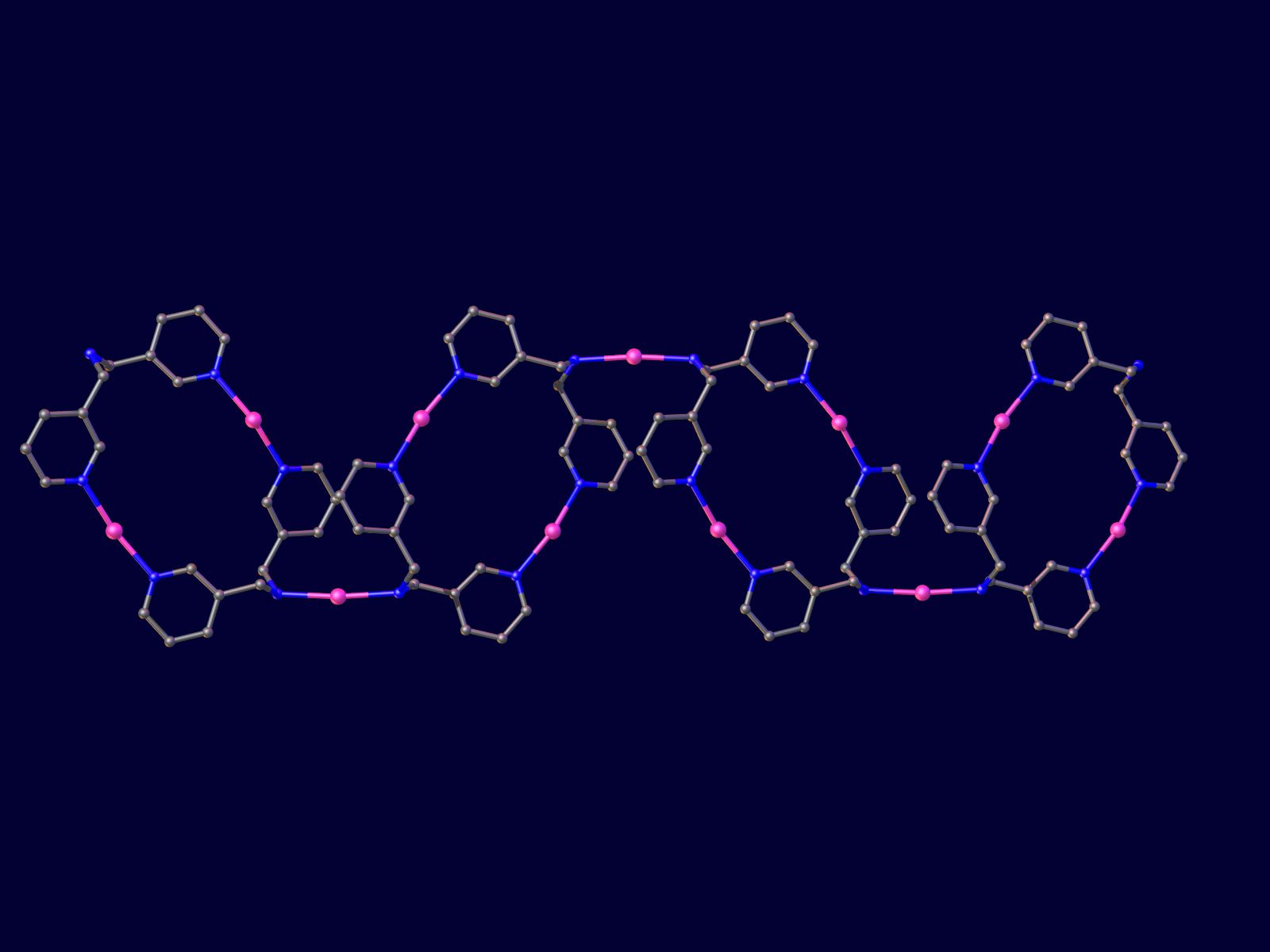CIC bioGUNE researchers discover new treatment for liver damage induced by paracetamol overdose

Paracetamol-induced liver damage is a major health problem, causing almost half of all cases of acute liver failure and numerous deaths and hospitalisations annually.
The study, recently published in Cell Reports Medicine, has discovered a new treatment for liver damage caused by paracetamol overdose, which could eliminate the need for liver transplants in severe cases.
An international collaborative study by the Liver Diseases Laboratory, led by Dr Malu Martínez-Chantar and Dr Irene Gonzalez Recio at CIC bioGUNE – a member of BRTA – and CIBEREHD, has made a revolutionary discovery in the treatment of liver damage caused by an overdose of acetaminophen (APAP), commonly known as paracetamol.
The study, recently published in Cell Reports Medicine, was carried out by first authors Clàudia Gil-Pitarch and Marina Serrano-Maciá and could pave the way for new treatments to avoid the need for liver transplants in severe cases.
In the Western world, liver damage caused by drugs, particularly paracetamol, is a major health problem. Paracetamol overdose is the leading cause of acute liver failure in the United States, accounting for almost half of all cases. It is also a significant cause in Europe, resulting in hundreds of deaths and thousands of emergency room visits and hospitalisations annually in the US.
Currently, the only approved treatment for paracetamol overdose is N-acetylcysteine (NAC), which is only effective if given early. In severe cases, liver transplantation is often the only option to save the patient’s life, highlighting the urgent need for better treatments.
CIC bioGUNE researchers have focused on a bodily process called neddylation, which modifies certain proteins and affects cell function, including the ability to handle stress and damage. The team found that neddylation activity is increased in patients with liver damage caused by paracetamol.
Using a drug called MLN4924 to block neddylation in animal models, the researchers observed a significant reduction in liver damage and improved liver regeneration. This suggests that inhibiting neddylation could be a powerful new approach to treat liver damage caused by paracetamol overdose.
Further studies revealed that blocking neddylation increases levels of cardiolipin, a crucial molecule for healthy mitochondria (the powerhouses of the cell), helping to protect liver cells from damage and promote healing.
These promising findings represent a significant step towards the development of new treatments that could save lives and reduce the need for liver transplants in patients suffering from severe paracetamol-induced liver damage.




